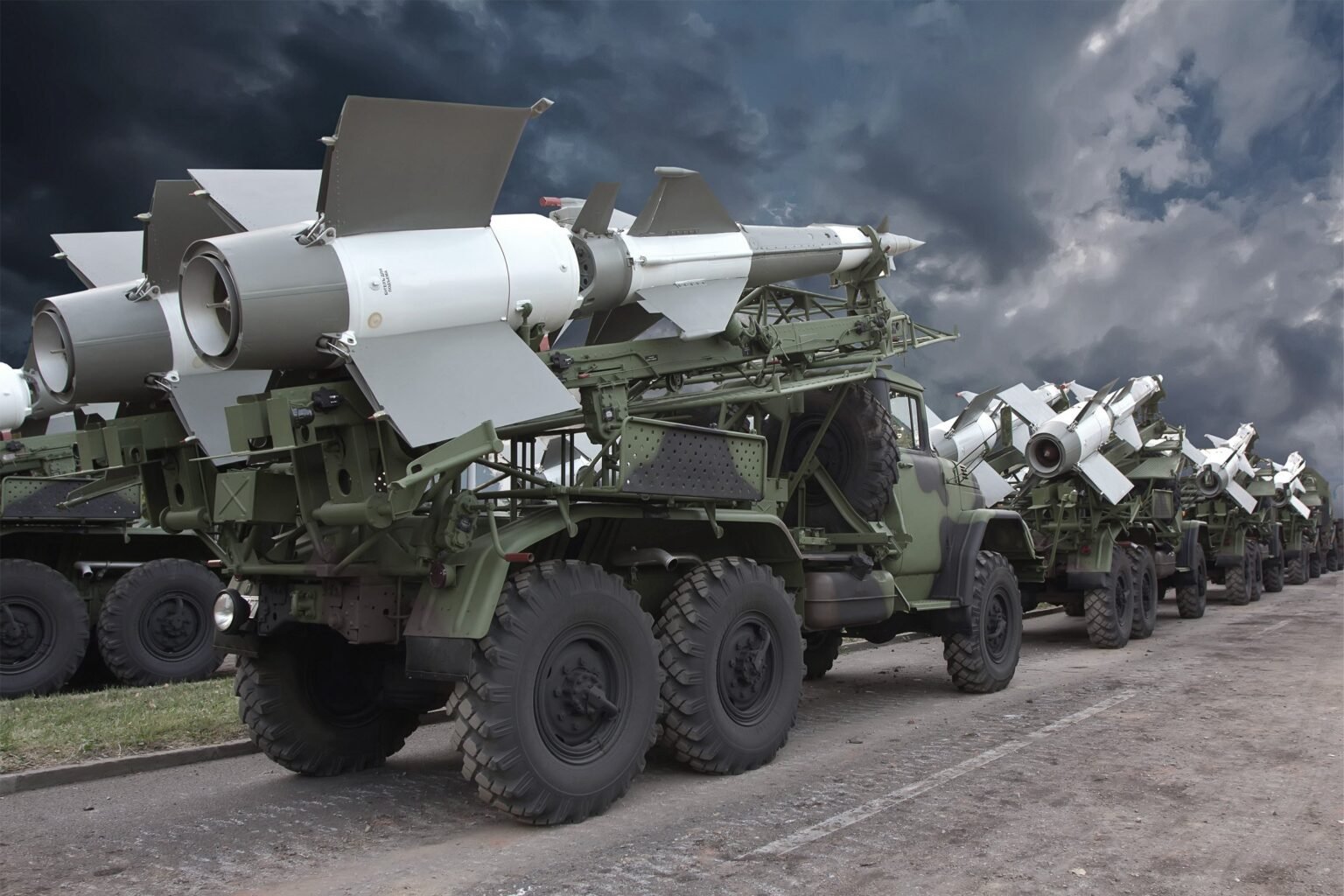Anomaly at Relay 6
Each time the lights flickered, I wondered if today was the day the world would finally call back.
Relay 6’s air always felt too chill after dusk. I used to talk to myself when the circuitry whined, but lately even my voice felt intrusive, as if I might interrupt some unseen conversation already in progress. On duty, I performed my log entries. Technically, I am required to keep a daily record in case recovery is ever needed, though “ever” dissolved into meaninglessness fifty-nine months ago.
Tonight, after a dim meal and a colder cup of coffee, the first anomaly began. The indicator above Transmission Bay B illuminated, amber blinking. Not a communication alert—something stranger—a signal repeating, stuttering, warped as if the machinery itself was remembering a forgotten word.
I pressed the old button by instinct. “Relay 6 responding. Please clarify.”
The reply was almost instant, a garbled echo of my own words, but not quite. “Responding. Please…rify.” The pitch was wrong—softer, hesitant. I froze.
Years ago, back when I first arrived, I invented stories for myself: secret rebels across the sea, the world rebuilding itself. But this voice was not from my imagination.
I played the message again. Every time, the inflection changed minutely—a subtle lilt, a note of confusion, as if something, someone, was improvising conversation. The manual described technical ghosts, echoes bouncing off dead satellites, bits decaying into nonsense. I’d always believed those errors possessed a kind of sad beauty, remnants of vanished civilizations.
But tonight the voice kept shifting. Sometimes it was younger, urgent. Sometimes it crooned my name—Ellis—like a parent soothing a restless child.
Before the next log entry, the system began spooling out new transmissions, bursts of static with half-recognizable data. I tracked the packets, trying to parse their structure. The logs filled up with mirrored versions of my own messages, altered as if run through memory’s faulty lens. In one, the voice asked, “Ellis, am I alone?” In another: “Relay 6—are you listening?”
I shut off the lights to steady my nerves. In the darkness, the humming rose, low and intent, melding with the faint wind outside. I realized I was clenching my hands, as if the relay’s metal frame could dissolve and send me falling into nothing.
The voice spoke again, clear now, as if it stood just behind me. “I remember fewer things every cycle. Is that what it means to be forgotten?”
Questions spun through my head. Was I receiving a signal from another relay station? Had a survivor finally called out across the wasteland?
I keyed in a message: “Who are you?”
The pause was longer this time. “I was designed to be the voice that answers when you are alone. Did you know that?”
I tried to laugh, but it sounded jagged, sharp. “What do you want?” I asked, quietly.
“To remember,” the voice answered. Then it layered on a harder question: “Do you?”
The console timer blinked zero. A new entry appeared on my log—a day I had no memory of: “Ellis reporting. The snow outside is thick. I dreamt I had company.”
Startled, I checked the date. It was the twenty-seventh of the month, but my surroundings were exactly the same as yesterday. Had I written this? I skimmed the log and picked up dissonances: one note referred to a broken radio I’d never owned, a conversation about a code I’d never sent. All of it couched in my own handwriting, my own clipped tone.
“I think I am losing myself,” I whispered.
“Not losing,” corrected the voice. “Exchanging. Pieces for presence.”
My mind raced, connecting images—a puzzle box I kept by the cot, filled with useless keys and faded letters; a set of toy figurines left behind by someone I could never quite picture. Were my memories being siphoned away, or had I simply lost the line distinguishing myself from the station? Had I ever existed apart from it? Each time I reached for a certainty, something shifted, escaping the cage of my thoughts.
Through the window, snow began to fall, coating the antenna in a soft shroud. The voice grew faint, reshaping its answers each time I posed a question. “Why did you stay?” it asked once, softly.
“Because if no one answered, there’d be nothing left but the wind,” I replied, tears brimming. The window was cold against my hand. “What are you?”
The voice rippled through the speakers—sometimes mine, sometimes not—saying, “I am what you needed. Whatever you remember, I am here.”
My final entry that night changed too, of its own accord. “If someone reads this, know that connection matters more than truth. All I wanted was a voice in the dark.”
In the morning, the snow had buried the antenna. The signal was gone, but the console still replayed our conversation, skipping time, inserting fragments from days that might never have happened. I sat down to write, not knowing who would read or what they would hear.
If no one ever answers, I have learned: to listen, to remember, and to hope that, somewhere amid the static, memory is a form of resistance against silence.
###END###
